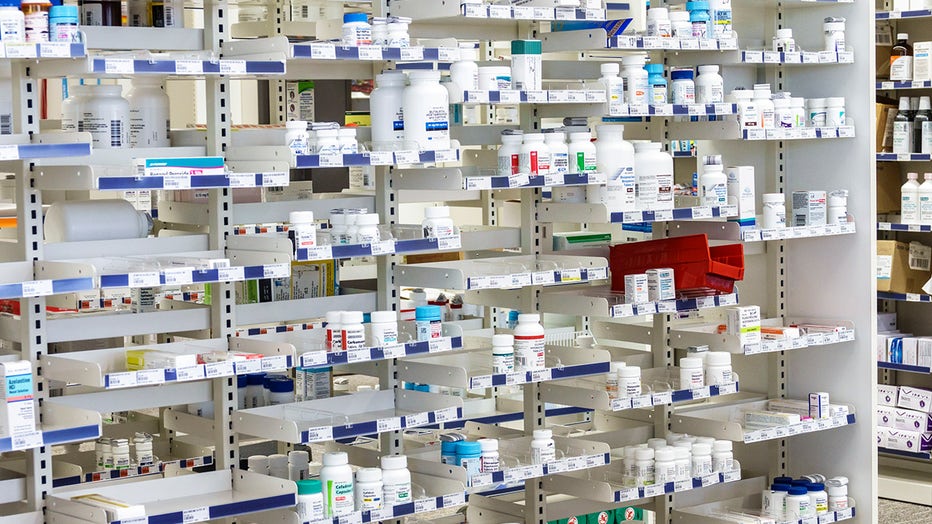Prescription drug prices soar nearly 40% over past decade, surpassing inflation, study finds
Biden hits campaign trail, pushing lower prescription drug costs in Portland, OR | LiveNOW from FOX
President Joe Biden arrived in Portland, Oregon for a visit ahead of the midterm elections next month. President Biden spoke at a campaign event for Tina Kotek, the Democratic nominee for governor of Oregon in the 2022 election. His stop in Oregon caps off a three-day West Coast tour which included visits to Colorado and California.
A new study reveals that the cost of prescription drugs in the U.S. has surged nearly 40% over the past decade, outstripping the pace of inflation.
According to the study, published by drug savings company GoodRx, the price of prescription drugs climbed 37% since 2014.
Although price increases have slowed this year, costs continue to pose a "significant burden" to many consumers.
In 2024 alone, Americans have spent $21 billion on out-of-pocket prescriptions. That amounts to about $16.26 per person, according to the data.

FILE: Florida, Miami, Walgreens, pharmacy shelves. (Credit: Jeffrey Greenberg/Universal Images Group via Getty Images)
"For most Americans, the difficulty with affordable medications isn’t over the ones that cost thousands of dollars," Tori Marsh, the director of GoodRx research, said in a statement. "It’s about affording routine drugs for chronic conditions, and finding that their insurance doesn’t cover what it used to."
While healthcare is often paid for by insurance, the study also found that more of the cost burden has been shifted to the consumer as prescription insurance coverage gets more complex and more restrictive.
RELATED: Medicare negotiating with drugmakers on prices for expensive medications
GoodRX found that 54% drugs are covered by insurance and 50% have an insurance restriction (such as prior authorization).
In addition, 25% of Americans have at least one prescription not covered by insurance.
This news on the spike in prescription drug prices comes as Americans continue to struggle with high interest rates and the cost of goods.
While inflation has fallen considerably from a peak of 9.1% in June 2022, it remains above the Federal Reserve's 2% goal.
Earlier this year, President Joe Biden announced goals toward lowering prescription drug and health care costs and expanding access to health care.
This story was reported from Los Angeles. FOX Business contributed.

